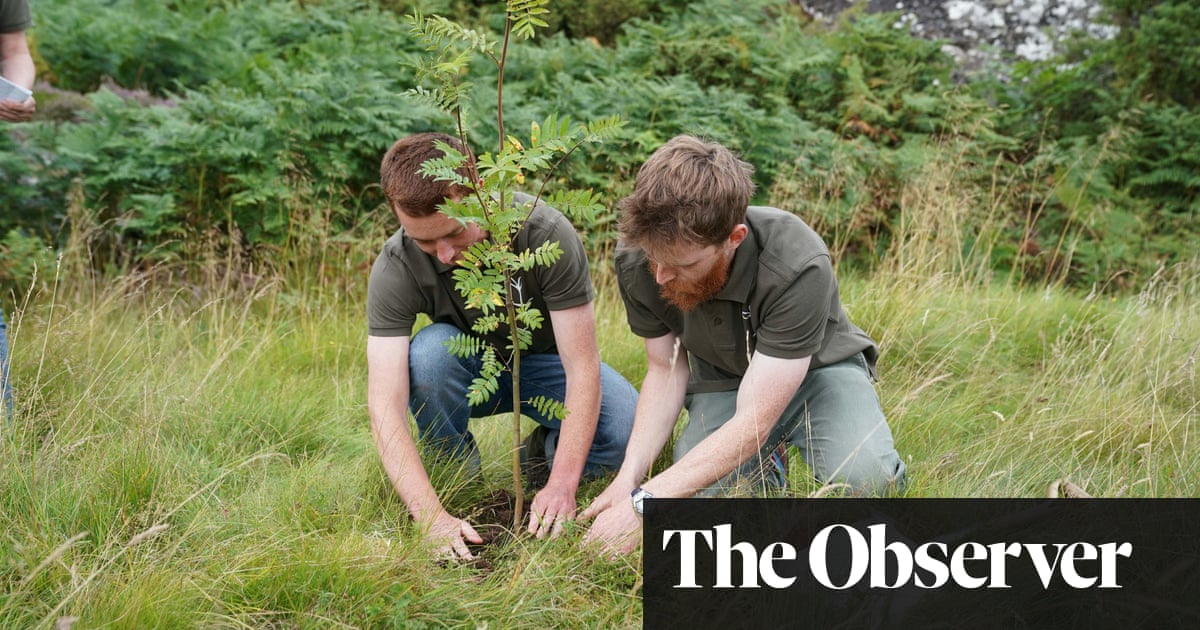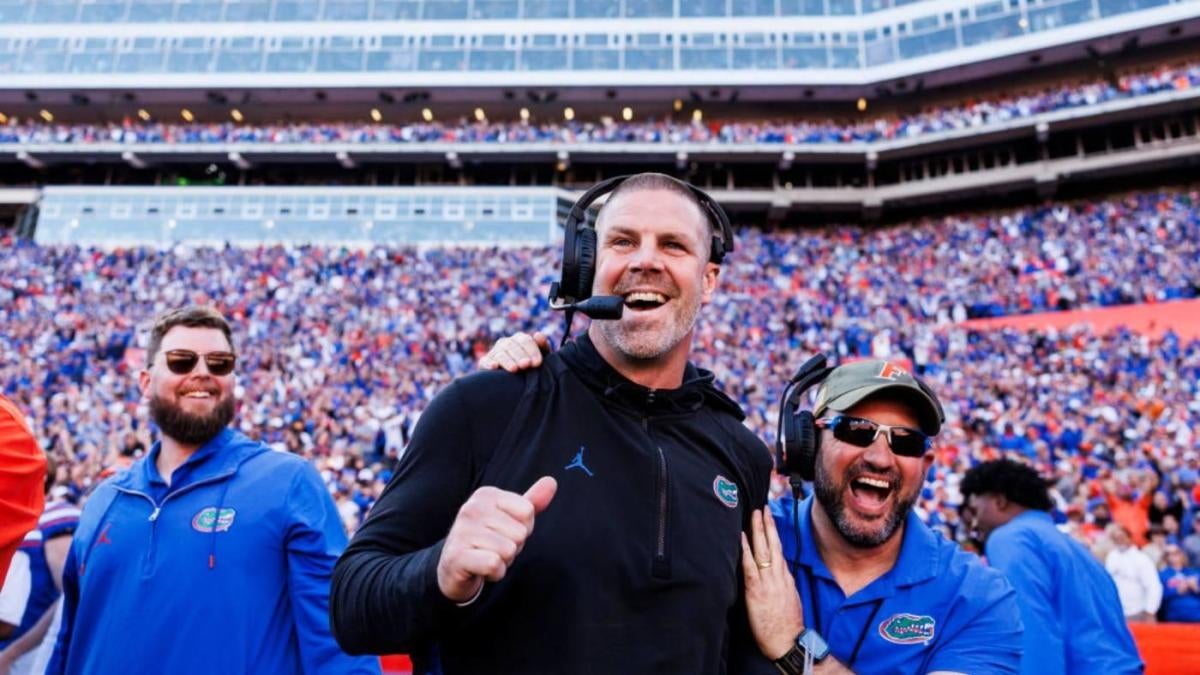Fashion
Guide to sustainable fashion in Bloomington

Everyone deserves to dress how they please. Fashion is fun. It provides a creative outlet to express ourselves and often shapes our personal identity. But with a quick look behind the curtain of popular brands, including Urban Outfitters, H&M and Shein, you will discover the industry’s staggering impact on the environment, mistreatment of workers and unethical business practices.
While slow-fashion and sustainable-practicing clothing companies do exist, they are often far outside of college students’ budgets. Fortunately, there are plenty of ways to make sustainable style choices right here in Bloomington.
Non-profit thrift stores are a great choice to find fun pieces at a fair price while supporting the community. Goodwill, although reliable and still better than buying something new, is not the only thrift store option.
Opportunity House is a local non-profit, volunteer-run thrift shop in Bloomington. Located on 11th Street, proceeds from sales benefit Monroe County United Ministries, which provides community resources including schooling and food assistance.
Bloomington Thrift Shop Inc. is another non-profit thrift store in Bloomington, located on South Madison Street, and provides fundraising for Psi lota Xi, a national philantrhopic sorority focused on art and literature.
BYOB, or bring your own business, is an organization dedicated to providing a selling-market for student businesses and sellers at IU. Typically clothing, jewelry or art is sold, and anyone from the community can shop. These events happen bimonthly, and the next event is at 12 p.m. Nov. 17 at Showalter Fountain.
It is also important to be mindful of the quality of clothes you thrift to ensure items’ longevity so you don’t have to buy replacements. Often fast fashion garments are made of polyester, nylon or acrylic, synthetic fabrics that contribute to microplastic pollution.
The singer takes Indy through an enchanting journey of her long music career.
The most sustainable fashion choice is to not buy anything at all. Overconsumption can still occur even if you are thrifting. Trend cycles exasperate this need to buy more, by pushing new styles constantly that urge consumers to keep purchasing in order to stay trendy.
If you find yourself in need of something new, shop your own closet first. Figuring out how to style a piece of clothing in multiple ways can widen your wardrobe. Long skirts can be pulled up to become a dress, wearing a tank top backwards can give a fresh silhouette, or even just pulling out forgotten accessories like scarves and headbands can make your outfit feel new.
Plus, learning how to alter or sew your clothing gives you the freedom to design any piece you want. This can be especially helpful if you have trouble finding your size in thrift stores, or your clothes don’t fit anymore. You could even dye your clothes a new color if you are craving something completely different, or stitch designs and art onto abandoned pieces.
Attending or organizing a clothing swap is also a great way to find new pieces, and give away old ones, without having to spend anything. Organizations at IU such as Season Magazine and the IU Asian Culture Center have held clothing swaps, but you could also organize one with your friends and shop through each other’s wardrobes.
You can start engaging in sustainable fashion with simple mindset changes, like thinking before you buy and doing research on brands. A low-consumption closet is possible, even if you love new clothes.







